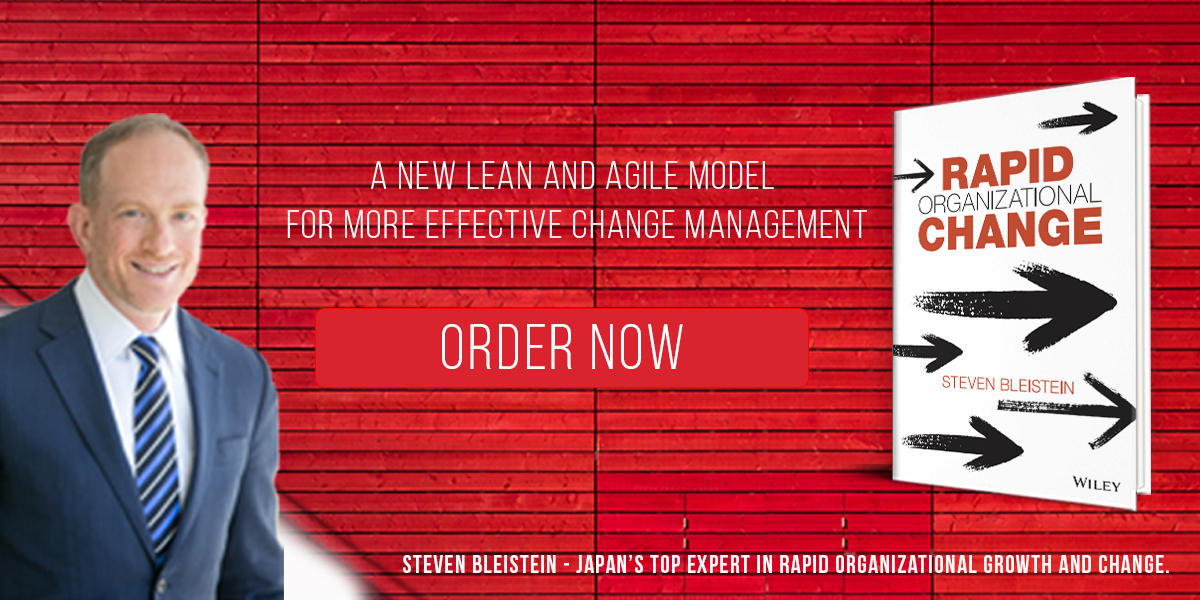[:en]
All senior level executives and managers are asked to develop and present a strategy, whether global, regional, or simply for a domain that they oversee. Many create long slide presentations with lots of data to justify why the strategy is right, and feel they need to persuade others and convince them. Their arguments provide support for their conclusion. However, the most effective way to persuade others that your strategy is right is to talk about all the reason it might be wrong.
All strategies are based on assumptions, whether explicitly stated or not. Click To Tweet
For example, “This course of action is based on the assumption that are only three major competitor brands in the Japan market.” What could possibly go wrong?
Every strategic assumption’s mirror image is a risk and can be restated as such. For example, “The risk is that brand X, which has been ignoring the Japan market up to now, decides to enter.” How do you handle risk? You can take action to prevent the risk from realizing, and you can plan contingent action should the risk be realized.
While it may seem to detract from the persuasiveness of your strategy to talk about everything that might go wrong, the reality is the opposite. If you can explicitly enumerate assumptions, restate them as risks, say when you will be able to validate whether or not each assumption pans out, and talk about your preventative actions and contingencies plans, you will become off as highly convincing. You will have demonstrated that you have thought your strategy through, and are prepared to safeguard the business when things go awry–and things always go awry.
Strategy, its management, and its execution are just as much about process as content. If you can demonstrate that you have sound processes for these, the specific content of the strategy matters less. You show yourself as someone who is in control because of strength in strategic process capability, not just brilliance in strategic content development.
For most people, a process that works is all that is needed.

[:ja]トップレベルの重役やマネージャーであれば、グローバル、地域、自分の責任のある管轄下のみ、といった違いはあるかもしれませんが、戦略を練り、それを発表するように言われることがあるはずです。そういった時、多くは多大なデータを使って自分の戦略がいかに正しいかを示すプレゼンテーションを作成し、相手を説得しようとするものです。なぜその戦略方法に行き着いたかをサポートする論拠を示すわけです。しかし、自分の戦略の正当性を訴えるのに一番効果があるのは、実はその戦略が間違っているかもしれないということを話すことだということをご存知でしょうか。
全ての戦略というものは、それが明白に示されているかどうかという違いはあれ、仮定に基づいています。例えば、「この戦略は、日本市場において大きな競争相手が3つのみいる、という仮定に基づいたものです。」といったものです。さして問題のない仮定に聞こえますね。
しかしこういった戦略上の仮定には、常にリスクを見いだすことが可能であり、そういった観点からのアプローチもできます。「某ブランドはこれまで日本市場に関心を示していなかったが、これから参入してくるというリスクもある」といった見方です。そのようなリスクに対し、あなたならどのように対応しますか。リスクが実現するのを防ぐための行動に出たり、もしリスクが実現した場合にはどのような行動をとるかを計画することができますね。
リスクについて語ることはその戦略について説得する効果を落としてしまうように聞こえるかもしれませんが、実際はその逆です。仮定事項をはっきりさせてそのリスク面を説明し、仮定内容がその通りになるかどうかが判断できる時期も述べた上で、リスクの予防方法と危機管理プランを話せば、あなたの戦略の説得力はかなり高くなる筈です。戦略について十分に考え抜いた上、もしそれがうまくいかなかった場合でも、いかにビジネスを守り抜く準備ができていることを示すわけですから。(そしてもちろん物事というものはいつでも思ったようにいくというわけではありません。)
戦略と戦略管理、実行とは、その内容と同様、プロセスが重要です。もしあなたがしっかりしたプロセスを持っていると示すことができれば、その具体的な戦略内容はそれほど重要ではなくなってくるものです。あなたも戦略内容の開発能力に優れているだけではなく、戦略プロセスを作り上げる能力にも秀でている管理力のある人間として捉えられる筈です。[:]

